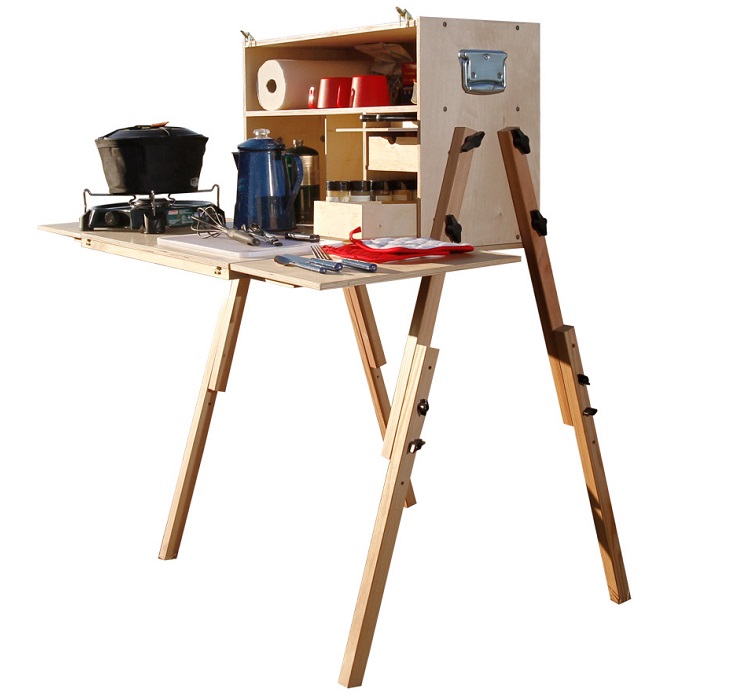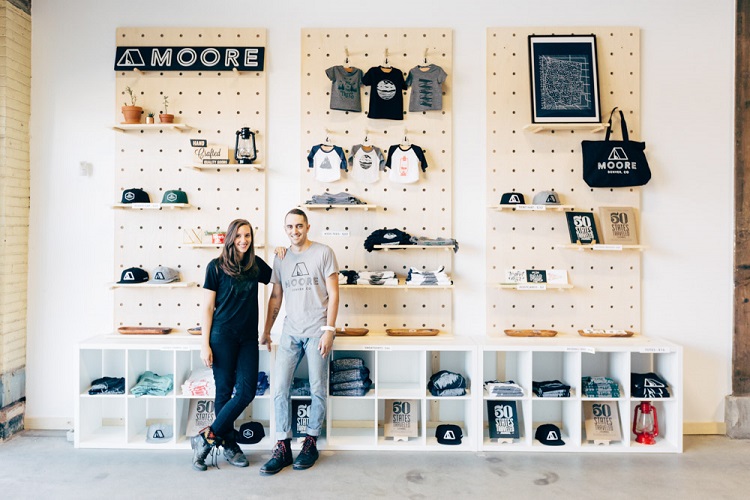Businesses often have to pivot during a crisis, and for some Colorado manufacturers, that meant making face masks during the COVID-19 pandemic. Now the companies have to decide when to get back to regular business, or at least new normal business.
Over the years the fourth-generation Dardano’s went from being a shoe repair business to selling comfort shoes and also doing shoe repairs. Then the pandemic created an immediate demand for masks. “It’s very rare that a product comes about that everyone needs and no one has,” says Dillon Dardano, vice president.
In April, Dardano’s started sewing masks in its Denver warehouse, where repairs are done. The company brought back two-thirds of employees who had been sent home when the stores closed due to shelter at home orders, and by June the entire workforce was back.
Dardano’s planned to continue to produce masks through July, for schools and gyms and other businesses that still need masks. “Then we will shift back to retail and normal business operations,” Dardano says.
Knotty Tie Co., which had a profitable January and February, saw a 95% sales drop when the pandemic started. Jeremy Priest, president and co-founder, said the company already did textile printing, cut and sew manufacturing, and design and fulfillment in-house, so it took less than two weeks to start making masks. “We didn’t have to change a ton about our business model,” he says.
The company was able to keep its staff, many of whom are refugees, and hired six more workers. Knotty Tie even contracted out some sewing to a dance apparel company, a tent manufacturer and a knitting company. There is still much demand. “A lot of employers are buying branded masks for their employees,” Priest says. Eventually Knotty Tie plans to switch back to making ties, scarves and items made from recycled plastic such as apparel, home goods and outdoor goods.
For others, the future is less clear. Wife and husband team Taylor and Tanner Barkin, who own the screen printing business Moore Collection, began sewing masks and saw so much demand that they grew the network to seven remote sewers. “Masks saved our business, and it felt great to be a part of potentially saving someone’s life at the same time,” Taylor Barkin says.
In June, the company stopped manufacturing masks, and will sell the inventory until gone. The screen printing business is starting to come back, even though the events that account for a large percentage of their sales have been canceled. “We are seeing traffic come back but nowhere close to what we normally see in the beginning of summer and beyond,” Taylor says.



